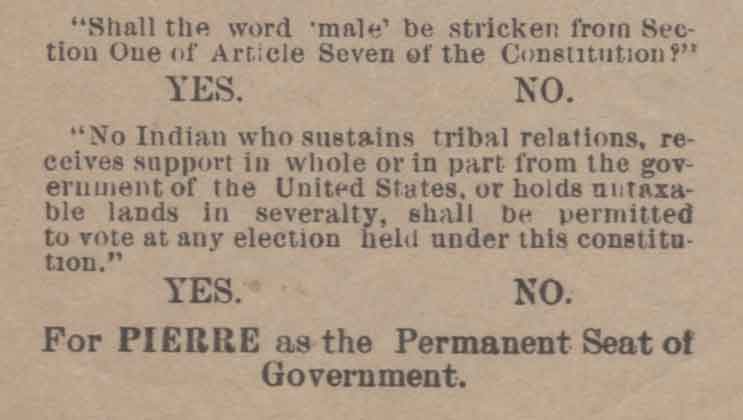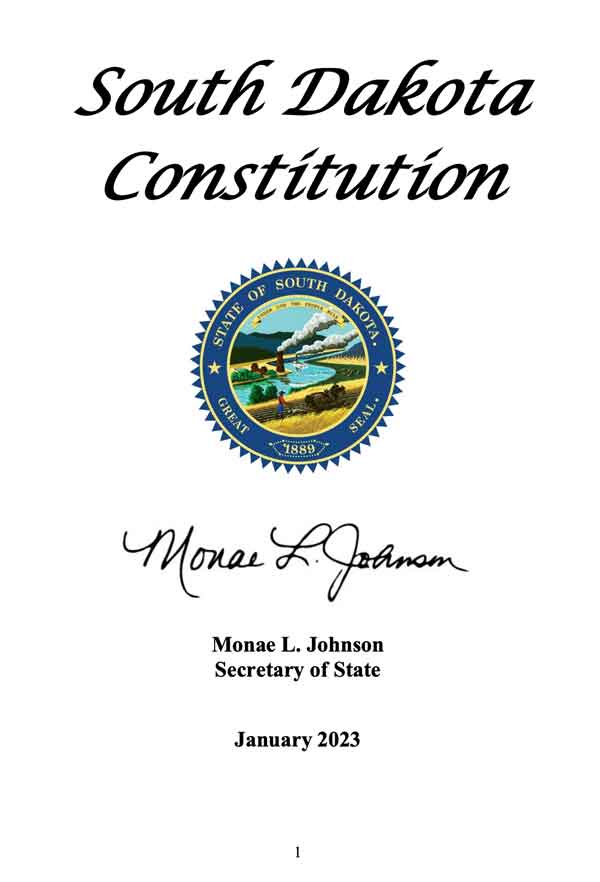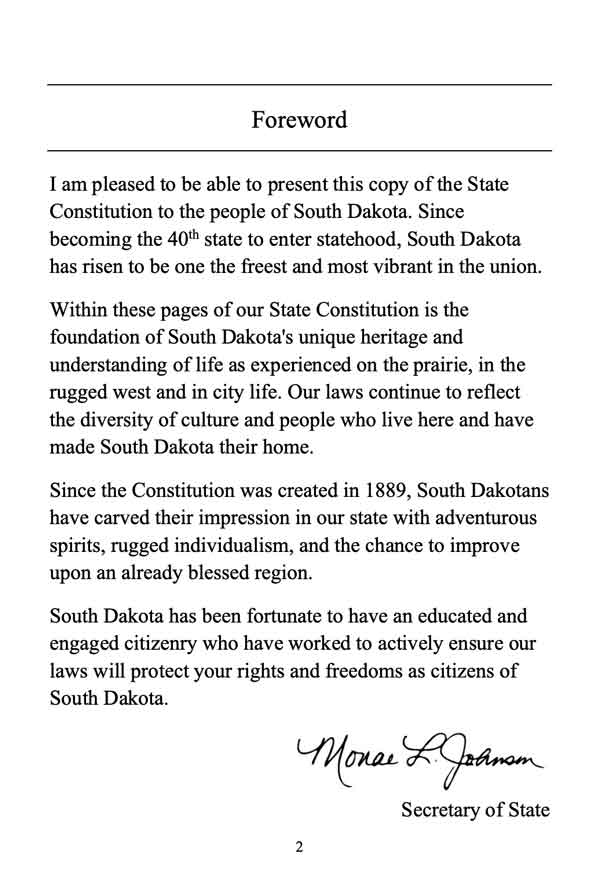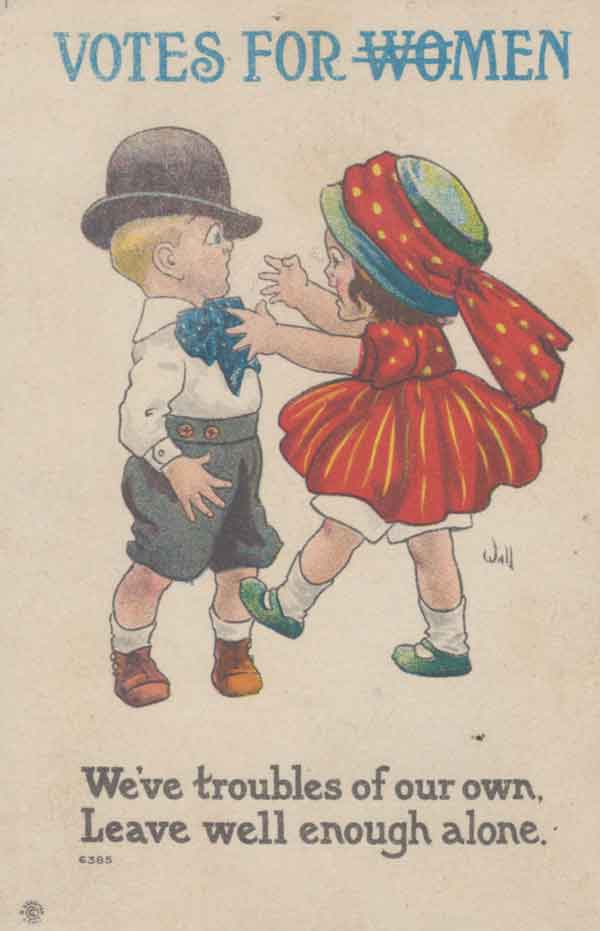Since we’re going to start voting absentee by the end of the week, I wanted to pass on how we’re looking at the ballot measures, and to encourage your participation and your vote. And to provide input on viewpoints and information that you might consider as you think for yourself, and evaluate what you intend to do as you walk into the voting booth. – pp
Constitutional Amendment E – SDWC says “It is 2024 for god’s sake. You should be embarrassed if you don’t vote yes.”
Title: An Amendment to the South Dakota Constitution Updating Gender References for Certain Officeholders and Persons.
Attorney General Explanation: The South Dakota Constitution became effective upon the State joining the United States in 1889. The generic male pronouns he, his, and him are used in the text of the State Constitution to reference certain officeholders or individuals.
This amendment changes the text of the State Constitution to remove the use of generic male pronouns when referencing certain officeholders or individuals. For example, when referencing the Governor, instead of saying “he shall be commander-in-chief of the armed forces of the state,” the text will be changed to read “the Governor shall be commander-in-chief of the armed forces of the state.” The amendment makes similar changes to other references to the Governor, as well as to references to other officeholders including Lieutenant Governor, Supreme Court Justices, and Circuit Court Judges. The amendment also makes similar changes to references in the Constitution to general classes of people such as persons, electors, and public officers.
Vote “Yes” to adopt the amendment.
Vote “No” to leave the Constitution as it is.
Our View:
This is not the first time voters have been asked to consider changing the constitution to introduce some gender neutrality.
Way back when we were voting for A. C. Mellette, our first Governor, there were several ballot questions submitted to the voters; To strike the word ‘Male’ from section 7 the State Constitution, whether Indians who sustain tribal relations be permitted to vote, and whether Pierre should be the permanent seat of government.

Guess which one didn’t pass until their hands were forced by a wave of national sentiment? It was always voted down, until the state ratified the 19th Amendment in a midnight session on December 4th, 1919.
And here we are around 225 years later having a similar argument over what should be basic clerical updates that should have been accomplished decades upon decades ago as we update constitutional provisions that are unenforceable. Yet amazingly, there are people opposing it.
Such as Hillary Clinton donor and State Representative Liz May. Why would Liz oppose this?
While this seems like a minor change now, opening up the constitution
in order to correct pronouns will not accomplish anything substantive,
but will cost taxpayer dollars to reprint materials that are already
effective in their current form.
Liz May, “Con – Constitutional Amendment E” – 2024 ballot
That’s all she’s got? Honestly?
To refute and underline why Liz May’s argument is a failure at every level, I would point you to Exhibit A – the South Dakota Constitution as provided in it’s current form by the Secretary of State.


This is the latest version of the South Dakota Constitution as prepared for South Dakota citizens on the Secretary of State’s website. You can find it here. It is updated after any change, and every time a new Secretary of State comes in, so they can put their mark on it. And, it’s electronic.
Basically, Liz May is complaining that a yes vote “will cost taxpayer dollars to reprint materials” in a Microsoft Word document, that’s converted to a .pdf, and uploaded to the state’s website.
Really?
If you count the hard copy that’s updated in the hard copy law books, any updates would be included in the pocket supplement that the law book company sends already at the same annual subscription cost.
The “no” argument is about cost. And there isn’t any that is measurable, or attributable to a line item. The argument against Amendment A is the last gasp of someone trying to preserve a practice that went out of vogue over a hundred years ago, that despite Liz’s effort, would benefit even her as a naysayer.

Arguments by a ‘Benedictine Arnold‘ eventually failed in the early 1900’s. They should also fail now.
Vote Yes on Amendment E.
